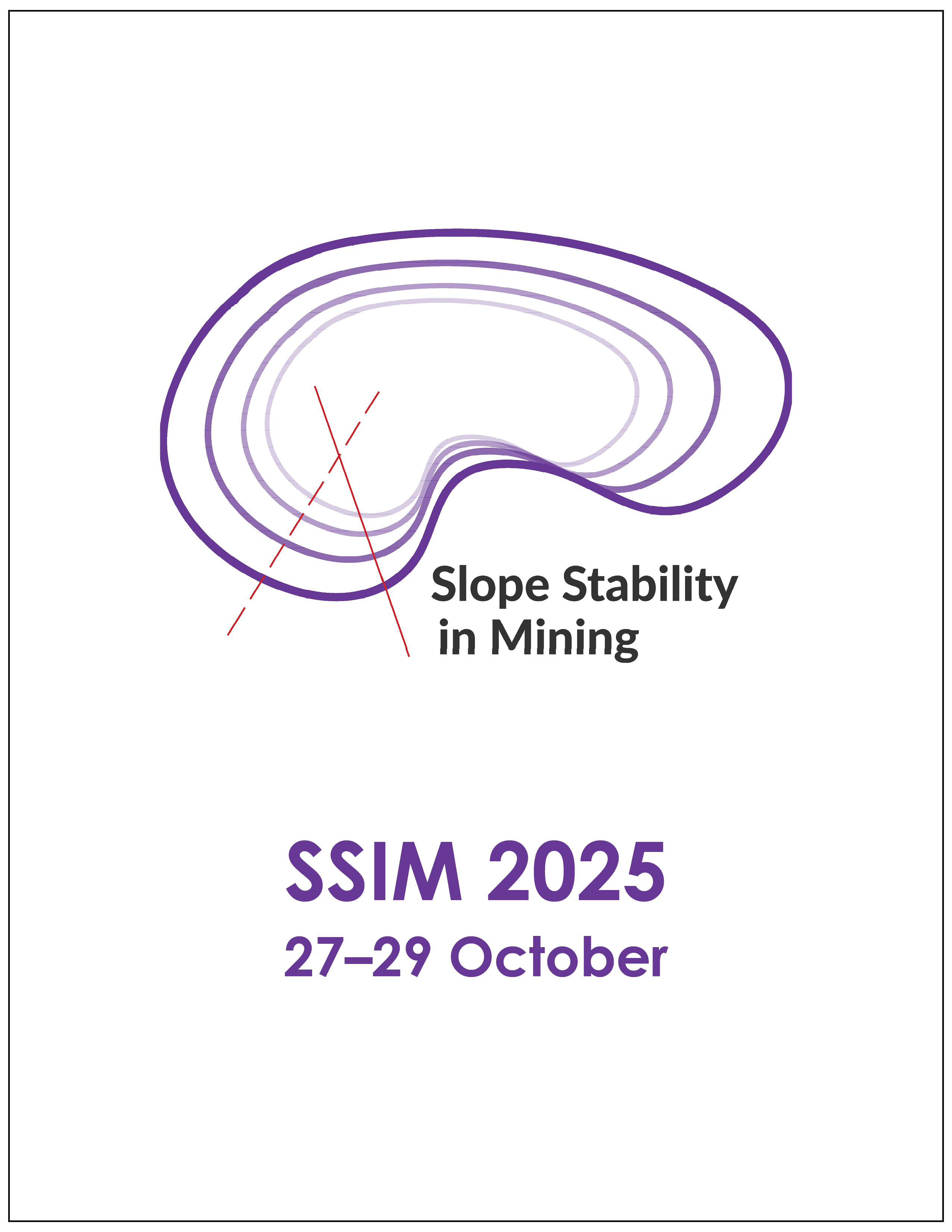Geometrical risk assessment within structurally controlled rock mass

|
Authors: Arrieta, M; Sharp, M; Jackson, A |
DOI https://doi.org/10.36487/ACG_repo/2535_13
Cite As:
Arrieta, M, Sharp, M & Jackson, A 2025, 'Geometrical risk assessment within structurally controlled rock mass', in JJ Potter & J Wesseloo (eds), SSIM 2025: Fourth International Slope Stability in Mining Conference, Australian Centre for Geomechanics, Perth, https://doi.org/10.36487/ACG_repo/2535_13
Abstract:
Open pit slopes within complex structural geology are challenging to evaluate as complexity increases the potential for unidentified hazards. As such, geotechnical assessments require systematic methodologies to identify and prioritise areas for detailed stability analysis or future risk mitigation. For the Burnt Ridge North (BRN) pit at Line Creek Operations (LCO), a metallurgical coal mine in the Rocky Mountains of British Columbia, Canada, slope stability is often a function of complex geological structure. In recognition of the increased potential for unidentified failure mechanisms, a geometrical risk assessment methodology was developed and conducted as a screening tool to prioritise additional geotechnical assessments and mitigation planning. Using a detailed 3D structural model and a system of parametric conditions related to likelihood and consequence, the pit shell was analysed to identify and prioritise areas of geotechnical risk. The safety map feature in Slide3 (Rocscience 2024) was then used to compare and validate the methodology. The geometric review framework provides a rapid and cost-effective means to highlight critical zones in complex geotechnical environments. The framework needs to be tailored to site-specific conditions. Results can be used to guide risk management efforts and engineering efforts toward more detailed numerical analyses and field investigations. The Slide3 model proved to be a useful tool for comparison, but it does not consider the consequence of instability on operations.
Keywords: risk assessment, pit optimisation, planning, stability analysis
References:
Martin, D 2024, ‘Factor of Safety versus performance-based design for open pit slopes’, Proceedings of Slope Stability 2024, Rio de Janeiro.
Newcomen, W & Dick, G 2016, ‘An update to the strain-based approach to pit wall failure prediction, and a justification for slope monitoring’, Journal of the Southern African Institute of Mining and Metallurgy, vol. 116, pp. 379–385.
Rocscience 2024, Slide3, computer software, version 3.029, https://www.rocscience.com/software/slide3
Whittall, J, Eberhardt, E & McDougall, S 2016, ‘Runout analysis and mobility observations for large open pit slope failures’, Canadian Geotechnical Journal, vol. 54, pp. 373–391,
© Copyright 2026, Australian Centre for Geomechanics (ACG), The University of Western Australia. All rights reserved.
View copyright/legal information
Please direct any queries or error reports to repository-acg@uwa.edu.au
View copyright/legal information
Please direct any queries or error reports to repository-acg@uwa.edu.au

